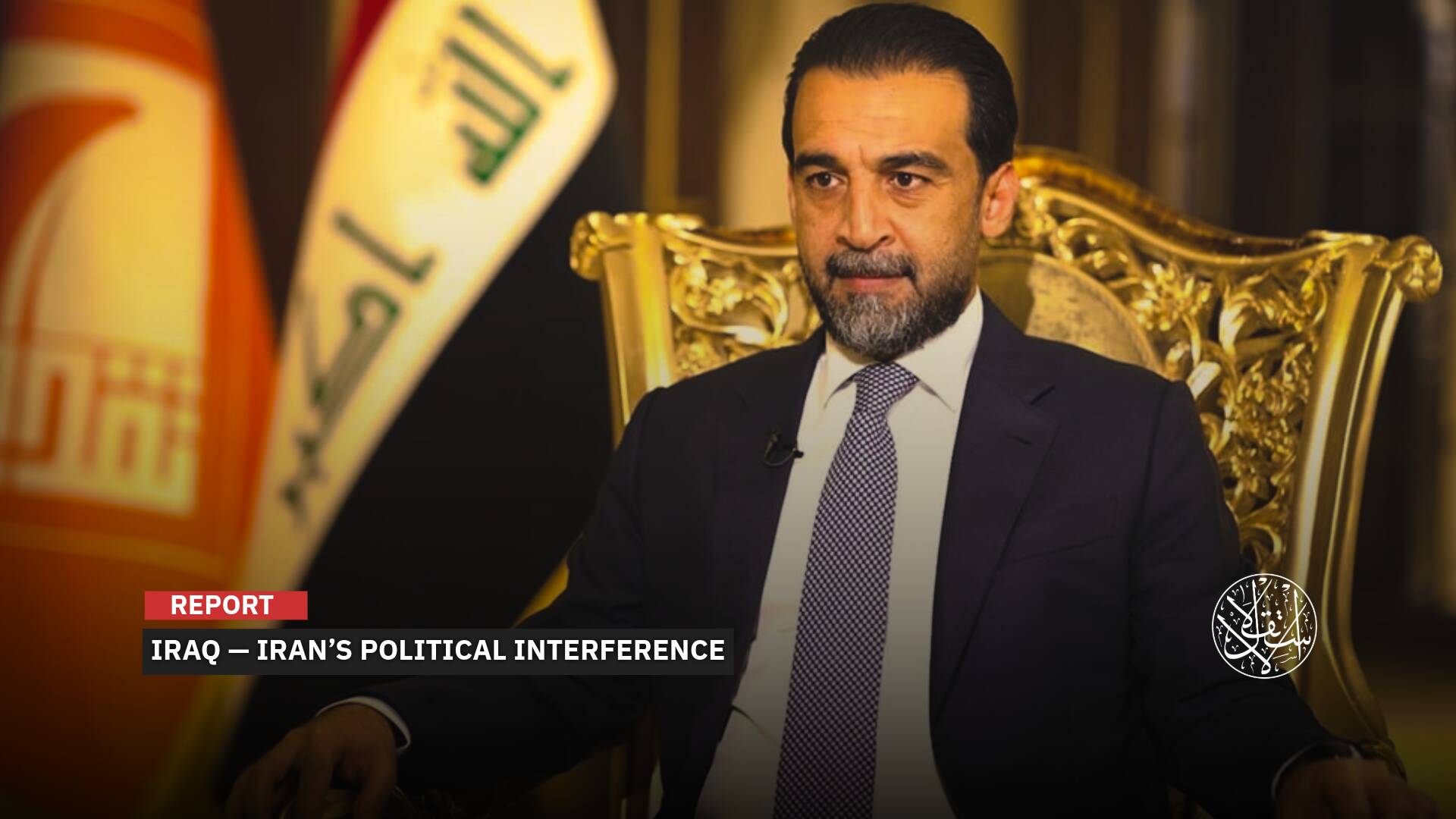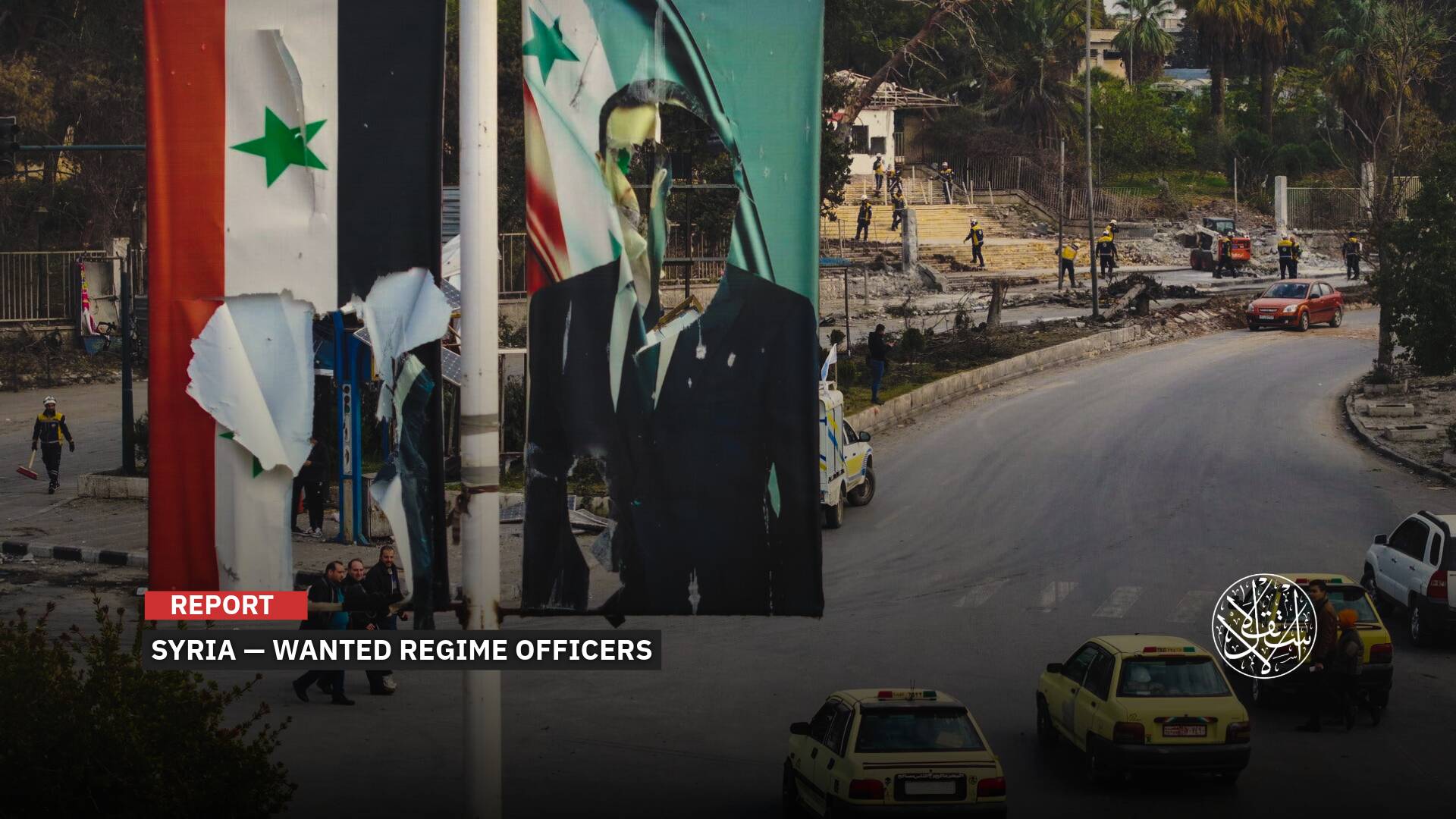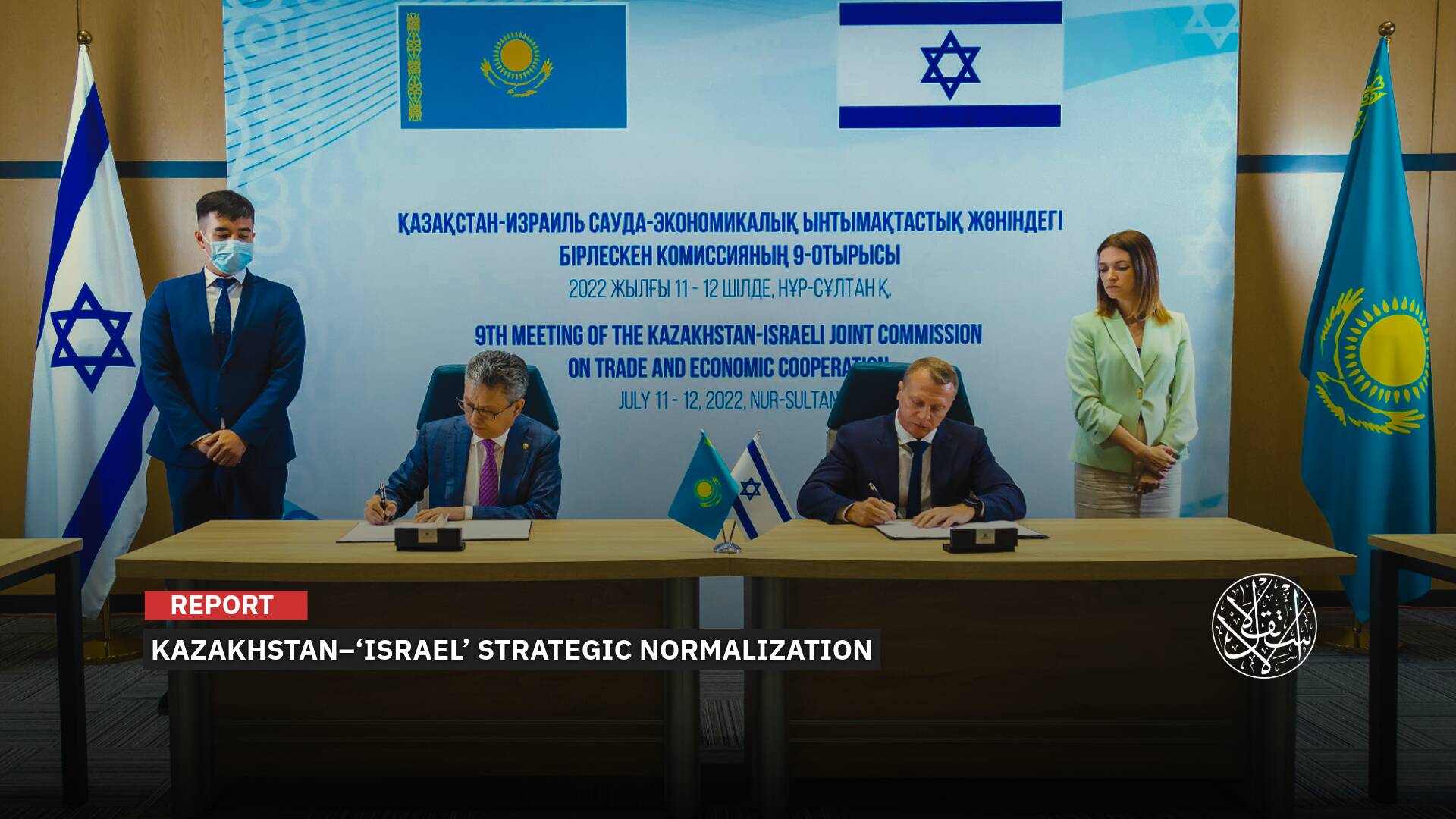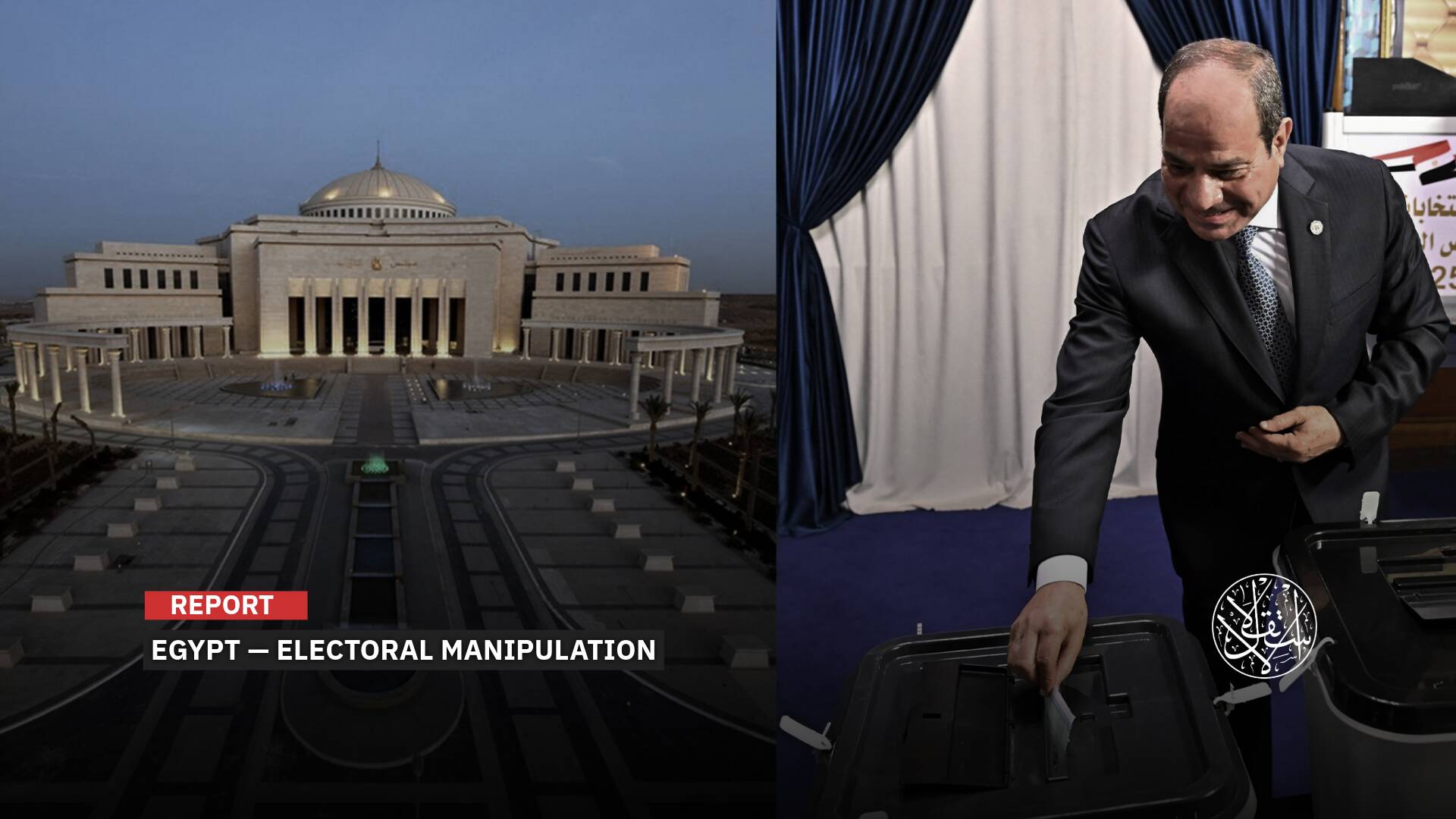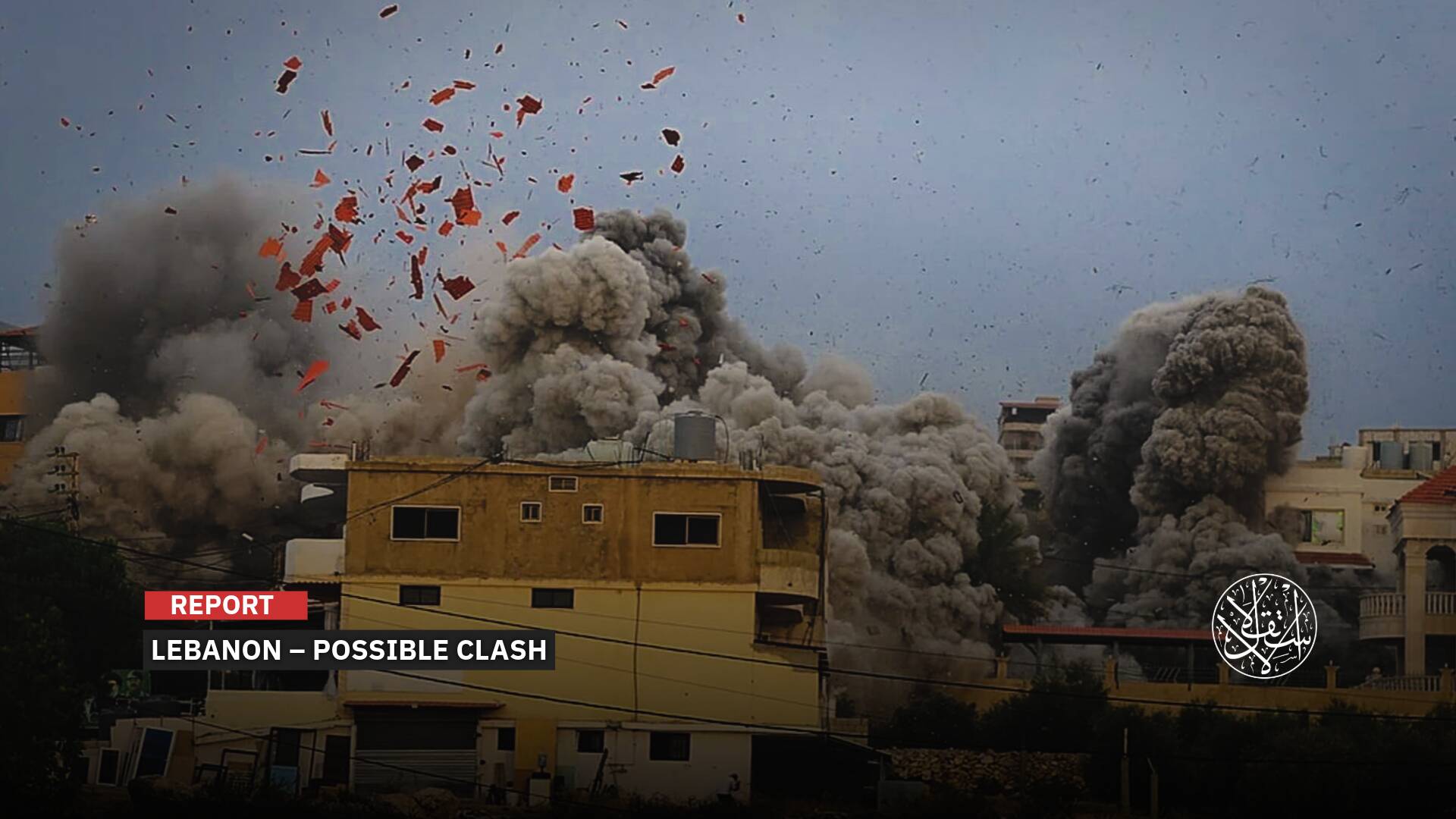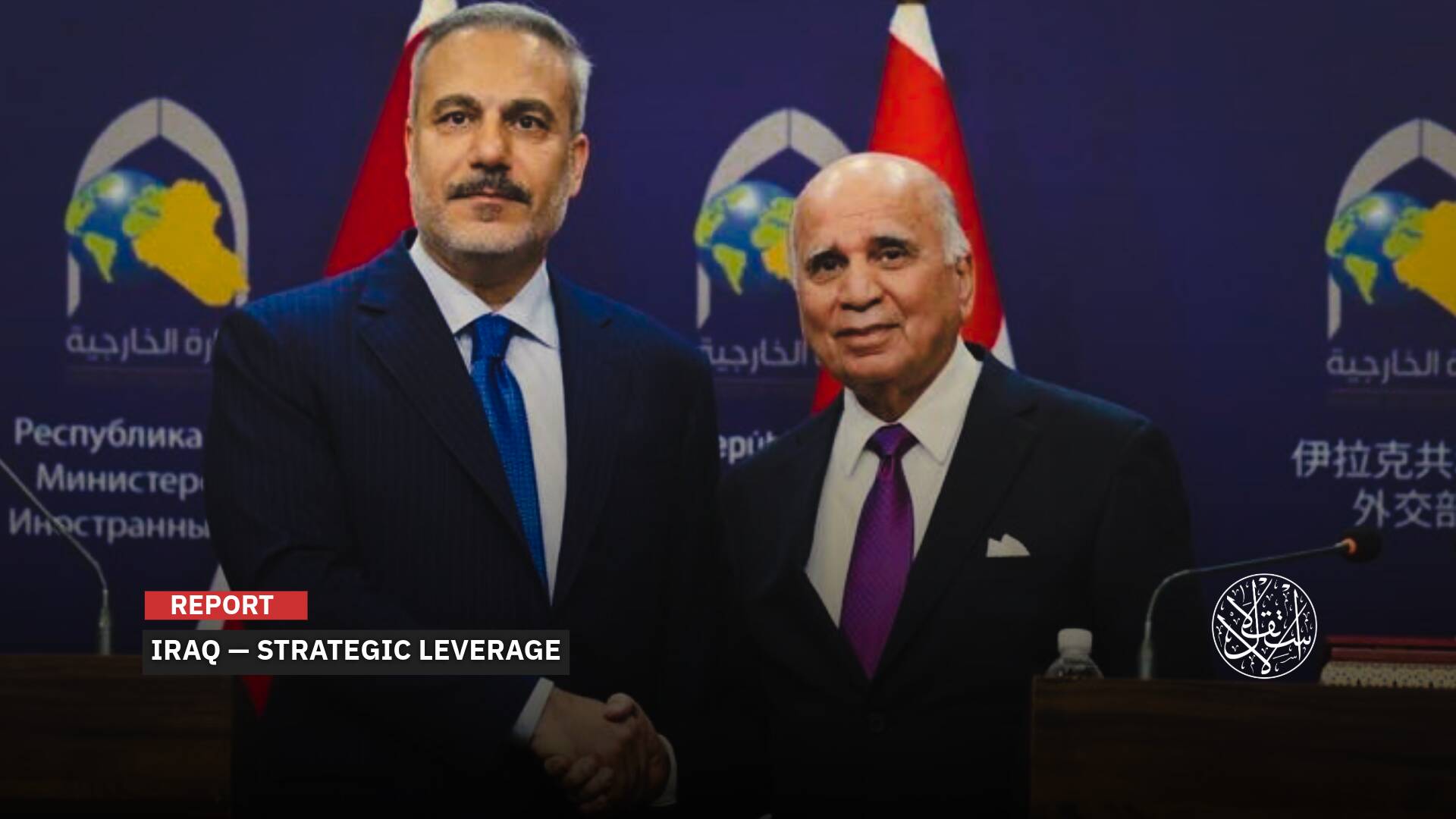Iraq–Syria Scandal: Al-Maliki's Alleged Support for Assad, ISIS Ties Spark Political Turmoil in Iraq

The Syrian government has seized documents that could expose Iraq's political system.
The fall of Bashar al-Assad's regime in Syria was not merely a geographical event; its repercussions are poised to ripple across the region, especially as the current Syrian authorities have seized a trove of documents, some of which implicate prominent Iraqi politicians who funneled funds to the regime.
When the Syrian revolution erupted in 2011, Nouri al-Maliki was serving as Iraq’s prime minister (2006–2014).
In 2009, al-Maliki had accused the Syrian regime of sending car bombs and suicide attackers into Iraq, vowing to bring the matter before the UN Security Council.
However, as the Syrian regime began to crumble amid popular protests and armed confrontations in 2012, Maliki's stance shifted dramatically.
In a televised interview, he declared that he would not allow al-Assad’s fall, even if it meant sending the Iraqi military to Syria to fight alongside him.
Dangerous Documents
In this context, Iraqi journalists and politicians have spoken of "dangerous documents" now in the hands of Syria’s new administration, which allegedly expose "scandals" within Iraq's current political system.
These revelations could potentially topple major figures in Iraq due to their collaboration with Bashar al-Assad during the onset of the Syrian revolution.
On December 27, 2024, Iraqi writer and journalist Othman al-Mukhtar posted on X that "the Syrian administration has seized dangerous documents that could become a chronic source of scandal for Iraq’s political system."
Al-Mukhtar added that the new Syrian government is meticulously reviewing and archiving files discovered in the presidential palace, the office of the ousted regime's president Bashar al-Assad, and the office of his defense minister, Ali Mahmoud Abbas.
These documents, according to al-Mukhtar, include "messages, telegrams, and receipts for substantial financial support that al-Assad received from Nouri al-Maliki’s government, transferred by car from Baghdad to Damascus, some of it via Lebanon, along with operations involving the transfer of weapons and fighters between 2011 and the end of 2014."
The documents also reportedly detail the delivery of sensitive positions and intelligence to al-Assad’s regime, as well as the issuance of passports and Iraqi IDs for key figures within al-Assad’s regime, allowing them to travel freely and bypass sanctions and security risks.
According to Al-Estiklal, al-Mukhtar further explained that the documents shed light on the creation of what was known at the time as the "Quadruple Alliance" between Iran, Russia, the Iraqi government, and the Assad regime, along with the Russian air bridge passing through Iraq.
"the new Syrian government now possesses a wealth of documents and evidence showing how countries supported the regime and aided it in committing crimes against the Syrian people."
"Iraq lacks an independent judiciary capable of holding accountable the militia leaders and ruling Shia parties who looted the country's resources and devastated its people. They enjoy immunity, albeit unspoken, from any legal scrutiny or prosecution. Yet, these revelations will surely have an impact, even if it takes time," al-Mukhtar noted.
Tariq al-Hashimi, former Vice President of Iraq (2006–2012), recently commented on what he described as high-level and intricate security coordination between Iraqi political and security figures and the regime of the ousted Bashar al-Assad.
"The most important aspect is finding the archives in the tyrant's palace and the air intelligence service, which expose security coordination with Iraqi factions… We won’t jump to conclusions yet, but the scandals that will inevitably follow will bring down heads in Iraq," he posted on X.
Al-Hashimi also reminded his audience that “the Bashar regime was accused of being behind the deadly bombings in Iraq, and in 2009, Iraq was on the verge of submitting a case to the International Criminal Court, after conclusive evidence of the regime's involvement, only for Iran to intervene and suppress the file.”
Fallout of al-Assad's Documents
The revelation of "al-Assad’s documents" and their potential repercussions on Iraqi politicians, particularly Nouri al-Maliki, the leader of the "State of Law" coalition and former prime minister for eight years, is being viewed as a significant development in Iraq’s political landscape.
According to Iraqi researcher Latif al-Mahdawi, these documents represent "powerful leverage" that could shake the foundations of Iraq's current political structure.
Speaking to Al-Estiklal, al-Mahdawi explained, "These documents pose a major embarrassment to Nouri al-Maliki and the Shiite Coordination Framework as a whole, and they are a strong tool for both the new Syrian administration and the United States to exert more pressure on the factions of the framework and the Popular Mobilization Forces (PMF)."
"The disclosure of these documents will leave no doubt that Maliki was responsible for terrorism in Iraq long before the rise of ISIS in 2014. The new evidence will serve as a powerful tool to weaken his position, even if he is unlikely to face trial under the current Shiite-led government. At the very least, it will undermine his influence."
"The Syrian evidence completely dismantles the claims made by the Shiite Coordination Framework and the Popular Mobilization Forces (PMF) regarding their fight against terrorism. In fact, Maliki is accountable for every life lost since he assumed office as prime minister."
Al-Mahdawi further argued that "in light of the Syrian evidence, Iraq urgently needs opposition figures to file lawsuits against Maliki in international courts. This would allow for the possibility of external legal action, as Iraq’s domestic system is incapable of holding him accountable, let alone arresting or prosecuting him."
In a similar vein, Iraqi researcher Hamid Hamad al-Obaidi suggested that "the new Syrian government is unlikely to open any files related to external actors until it has stabilized its internal situation and dealt with the remnants of the ousted regime."
Speaking to Al-Estiklal, al-Obaidi expressed the belief that "the Syrian administration will not engage in discussions about the documents it has uncovered, especially with figures outside Syria, as it is currently focused on reassuring all parties and consolidating its own political stability."
The Iraqi researcher also ruled out the possibility that “the United States would use the Syrian documents to pressure or condemn Maliki, as it has its own tools to remove such figures whenever it wishes. To this day, it has not criticized him, almost as if it is satisfied with the havoc he wreaked on Iraq’s wealth and security.”

State Manipulation
On February 14, 2020, the U.S.-based al-Hurra news website published a report detailing the role of Iraqi militias in Syria, highlighting the involvement of former Prime Minister Nouri al-Maliki and his close associates in financing and arming these militias to fight alongside the ousted Syrian President Bashar al-Assad.
According to the report, between 2012 and 2014, Maliki and his associates were responsible for overseeing the laundering of funds from Iran’s Revolutionary Guard and Hezbollah.
The report cited an unnamed Iraqi source who revealed that Yassin Majid, a senior leader of the "State of Law" coalition and Maliki's former media secretary, was managing the money-laundering operations, with the cooperation of Gatah al-Rekabi, another key figure in Maliki's coalition and a member of the parliamentary security and defense committee.
Majid reportedly ran a specialized section within the Revolutionary Guard, known as "Mabayn," tasked with overseeing these money-laundering operations.
Two former members of the pro-Iranian "Al-Bina" alliance, Aras Habib and Ahmad al-Assadi (currently Iraq’s Minister of Labor), were also involved in the operation, according to the report.
The report details how Nouri al-Maliki, who has long been at the center of Iraq’s political landscape, chose to align himself with Syrian President Bashar al-Assad's regime as early as 2012.
To solidify this partnership, Maliki established an external services office in coordination with Syria's General Intelligence Directorate, specifically its Branch 279, responsible for managing the regime’s operations outside Syria.
Between 2012 and 2014, a staggering $460 million in funds were reportedly funneled from Iraq to Syria.
This financial backing was accompanied by the recruitment of over 18,000 Shiite fighters from Iraq, Afghanistan, and Pakistan, with the "Mabayn" unit overseeing their transportation, recruitment, and salaries.
From the winter of 2012 until February 2014, the flow of weapons from Iraq to Syria never ceased. Weapons worth $600 million, including small and medium arms, were dispatched by the Mabayn unit under the leadership of Yassin Majid, a key figure in Maliki’s inner circle.
Majid exploited his control over Iraq's disarmament department, which was directly linked to Maliki’s office, to divert funds meant for demobilization efforts into the arming of militias fighting alongside the regime forces.
In 2011, Majid appointed his close ally, Khalil Mukheif al-Rubaie, as head of the disarmament department. His primary task was to oversee the "Awakening Forces," militias in Sunni-majority regions like Anbar, Diyala, and Salah ad-Din.
However, these forces were reportedly manipulated in terms of numbers and salaries, with funds intended for them instead diverted to support the militias in Syria.
The New York Times reported that Iran was pressuring Iraq's then-Prime Minister Nouri al-Maliki and other Iraqi leaders to throw their support behind Syrian President Bashar al-Assad's regime.
The newspaper explained at the time that Maliki was "out of step with the Arab world," noting his surprise endorsement of al-Assad despite the growing condemnation of the Syrian regime across the region.
While many Arab nations were denouncing Assad’s brutal repression of his own people, Maliki welcomed an official Syrian delegation to Iraq, further solidifying his alignment with the Syrian leader.

Creation of ISIS
Nouri al-Maliki, Iraq's former prime minister, is also accused of colluding with Bashar al-Assad’s regime and Iran’s Revolutionary Guard in the creation of ISIS, the group that seized control of Iraq’s Nineveh province, including its capital, Mosul, on June 10, 2014, before declaring a self-styled "caliphate" spanning both Syria and Iraq.
The origins of this collaboration are said to lie in the June 2013 escape of nearly 600 prisoners, including prominent al-Qaeda leaders, from the Taji and Abu Ghraib prisons in Baghdad—an event which, according to Iraq’s former justice minister, Hassan al-Shammari, was no accident.
In January 2014, al-Shammari, who was serving in Maliki’s government at the time, stated in a televised interview that the prison break—codenamed "Breaking the Walls" by al-Qaeda—was orchestrated, with senior Iraqi officials complicit in the operation.
Al-Shammari explained that high-ranking figures within the Iraqi state had facilitated the escape of al-Qaeda prisoners in order to bolster al-Assad's regime by strengthening the terrorist group.
The move was also designed to intimidate the United States, presenting al-Qaeda as an alternative to military intervention against al-Assad’s brutal crackdown on Syrian protesters.
He further revealed that just one week before the prison break, Iraq’s intelligence agency had issued a confidential report to Maliki’s office and key ministries, warning of an impending attack on the prisons using car bombs to free terrorist detainees.
Yet, rather than taking precautionary measures, security forces tasked with guarding the prisons completely withdrew, allowing the attack to unfold exactly as the intelligence report had predicted.
In a similar vein, former Iraqi MP Liqaa Wardi echoed the claims made by former Justice Minister Hassan al-Shammari regarding the involvement of high-ranking state officials in facilitating the escape of prisoners to support Bashar al-Assad's regime in Syria.
Wardi, speaking in April 2014, asserted that Shammari’s account was the most plausible and grounded in reality.
She held the Maliki government responsible for the escape of prisoners from Abu Ghraib and Taji prisons, as well as from other detention facilities across Iraq, noting that the scale of the operation was too vast for any group to execute without substantial government support.
According to Wardi, the prisoners who escaped were met with pre-arranged vehicles and forged identification papers before being smuggled into Syria, where their records were subsequently destroyed in Iraq’s Ministry of Justice.
Wardi concluded that the prisoner escape was part of a broader agreement between the Iraqi and Iranian governments to facilitate the movement of prisoners to Syria, with the aim of supporting ISIS.
This was seen as a deliberate move to allow the terror group to wreak havoc under the guise of fighting the regime forces, creating conditions ripe for further violence in Iraq.
Her warnings, though dire, proved prophetic when, on June 10, 2014, ISIS overran Mosul and swiftly seized a third of Iraq’s territory.
The ensuing battles led to the deaths of thousands of Iraqis and the displacement of millions until the group was ultimately defeated in 2017.


